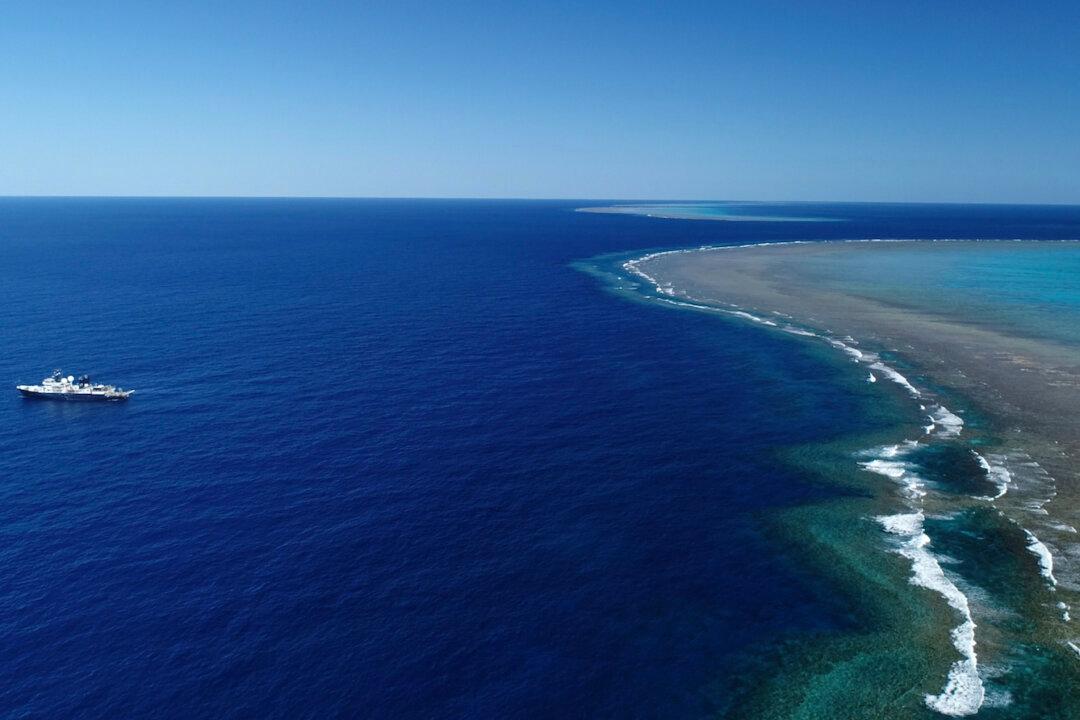As Australia hosts the world’s first Global Nature Positive Summit in Sydney this week, the free market Institute of Public Affairs (IPA) has raised serious questions about the economic soundness of the government’s Nature Positive Plan.
The IPA’s findings suggest a lack of governance and oversight.





